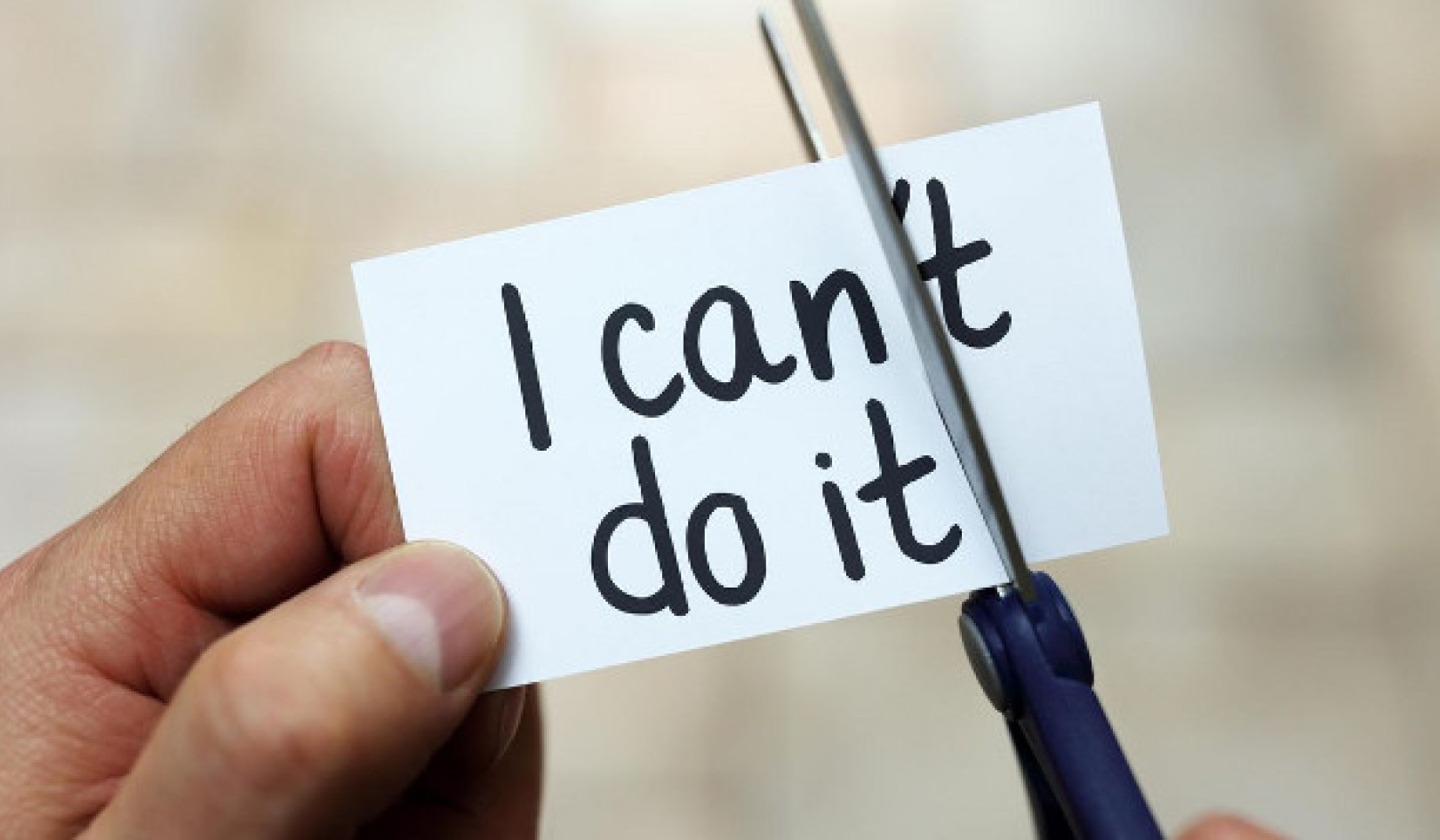 Some passengers wear face masks as they commute on the metro in Montréal in July 2020. THE CANADIAN PRESS/Graham Hughes
Some passengers wear face masks as they commute on the metro in Montréal in July 2020. THE CANADIAN PRESS/Graham Hughes
Thanks to COVID-19, we’ve slowly built new routines centred on being at home. But as we start to enter various phases of reopening and increased contact, we may feel uncomfortable interacting in person again.
Treating each interaction as a type of micro-negotiation provides a helpful road map for navigating these potentially tricky situations.
What once were automatic interpersonal behaviours now require explicit agreement.
What do you do if someone enters the elevator with you without a mask?
If a friend rushes close to greet you?
If someone stands too closely in line?
What if you are (perhaps unintentionally) the offending party?
These situations are increasingly common and can escalate quickly into full-blown conflicts if not handled carefully. I draw on research on effective negotiations and conflict management to offer concrete suggestions and practical tips for how to ensure everyone walks away happy — and safe.
Overall, treating each interaction as a micro-negotiation first involves a change of mindset. Productive changes to your behaviour will then follow more easily.
It is important to note that many interactions won’t require all the recommendations below. But thinking about each in advance can help you be ready in the moment. A negotiation done well in this case may be one in which you don’t even realize you’ve successfully negotiated until after it’s over. Practice and preparation are key so that these tactics become second nature.
Prepare and have a plan beforehand
In negotiations, an important concept is what’s known as BATNA, which stands for the Best Alternative to a Negotiated Agreement. It is what you will do instead if you don’t reach agreement with your negotiation counterpart.
For daily interactions during the pandemic, this means you should have a clear idea in advance of what you will do if a situation gets too uncomfortable. Research shows that having a defined, desirable alternative in mind helps negotiators perform better; the psychological comfort of having an attractive backup plan helps you feel more powerful and removes unnecessary stress in the current moment.
 Don’t bike off in a rage if someone isn’t adhering to safety protocols when you venture out into the world. Have a Plan B in mind. THE CANADIAN PRESS/Darryl Dyck
Don’t bike off in a rage if someone isn’t adhering to safety protocols when you venture out into the world. Have a Plan B in mind. THE CANADIAN PRESS/Darryl Dyck
Rather than storming away in a huff, or escalating a conflict unnecessarily, plan ahead and have explicit options in mind. For example, if mask-wearing doesn’t seem to be enforced in a particular place, know before you leave your home what you will do: you might get takeout from a different restaurant, order groceries for pickup or delivery or simply come back at a different time.
Having your alternative in mind will help you remain calm, knowing that you always have a perfectly acceptable alternative. In fact, research shows that simply feeling that you can handle a tense situation can help you avoid reacting unproductively.
Respect other perspectives, but be creative
Although it might seem inconceivable that someone may have a different comfort level in terms of interactions than you do, it’s bound to happen and doesn’t mean the other person is crazy. (In fact, they may be thinking you are the crazy one.)
A more productive approach is to try to understand the other person’s perspective, and how you can satisfy both of your underlying needs in a creative way. Separate the position (the behaviour, or the “what” that makes you feel uncomfortable) from the interest (the “why” of the behaviour).
For example, if you’re not comfortable attending the “small” get-together of friends that somehow grew much larger in number, that’s OK. Simply say so explicitly, but also suggest an alternative that could meet both your and the host’s interests (to connect with an old friend) in a different format (taking a physically distant walk together later in the week).
 Not comfortable going to a friend’s party? Suggest a visit in a park instead. THE CANADIAN PRESS/Nathan Denette
Not comfortable going to a friend’s party? Suggest a visit in a park instead. THE CANADIAN PRESS/Nathan Denette
Remember that respecting the other person doesn’t mean you have to agree with their position.
But by being creative and focusing on deeper, underlying interests rather than more superficial positions, you can keep everyone happy.
Don’t take it personally, and use threats wisely
Despite our best intentions, it is likely that some interactions may lead to strong emotions, even anger.
However, rather than reacting angrily to a situation, which can backfire depending on how it is received, take a step back and reconsider the situation from an open-minded, problem-solving perspective.
Use the other person’s reactions and emotions as a trigger to help you find out what’s really going on at a deeper level, which research shows shows can help you reach a more mutually beneficial solution without having to simply give in to the other person’s demands.
 If this impromptu, mid-pandemic exercise session on Sainte-Catherine Street in Montréal is your worst nightmare, try not to react angrily to it. THE CANADIAN PRESS/Graham Hughes
If this impromptu, mid-pandemic exercise session on Sainte-Catherine Street in Montréal is your worst nightmare, try not to react angrily to it. THE CANADIAN PRESS/Graham Hughes
If you feel that you need to resort to ultimatums, do so carefully and purposefully. Research suggests that WISE threats — those that you are willing to enact, that serve your underlying interests, that help the other person save face or maintain their dignity and that are exact rather than vague — are more likely to lead to effective conflict resolution.
Thinking about each interaction you have as a form of micro-negotiation will help you practise a few fairly minor behavioural and mindset changes so that you, and those around you, are more likely to have positive interactions and avoid unnecessary conflict.
It’s important to remember that we’re all navigating uncharted waters, and negotiating what used to be mundane but now feels uncomfortable may not come naturally. However, with conscious practice and an open mind, it’s possible to approach even the most challenging interactions from a productive problem-solving mindset.![]()
About The Author
Laura Rees, Assistant Professor of Organizational Behaviour, Queen's University, Ontario
This article is republished from The Conversation under a Creative Commons license. Read the original article.

Related Books:
Atomic Habits: An Easy & Proven Way to Build Good Habits & Break Bad Ones
by James Clear
Atomic Habits provides practical advice for developing good habits and breaking bad ones, based on scientific research on behavior change.
Click for more info or to order
The Four Tendencies: The Indispensable Personality Profiles That Reveal How to Make Your Life Better (and Other People's Lives Better, Too)
by Gretchen Rubin
The Four Tendencies identifies four personality types and explains how understanding your own tendencies can help you improve your relationships, work habits, and overall happiness.
Click for more info or to order
Think Again: The Power of Knowing What You Don't Know
by Adam Grant
Think Again explores how people can change their minds and attitudes, and offers strategies for improving critical thinking and decision making.
Click for more info or to order
The Body Keeps the Score: Brain, Mind, and Body in the Healing of Trauma
by Bessel van der Kolk
The Body Keeps the Score discusses the connection between trauma and physical health, and offers insights into how trauma can be treated and healed.
Click for more info or to order
The Psychology of Money: Timeless lessons on wealth, greed, and happiness
by Morgan Housel
The Psychology of Money examines the ways in which our attitudes and behaviors around money can shape our financial success and overall well-being.
























